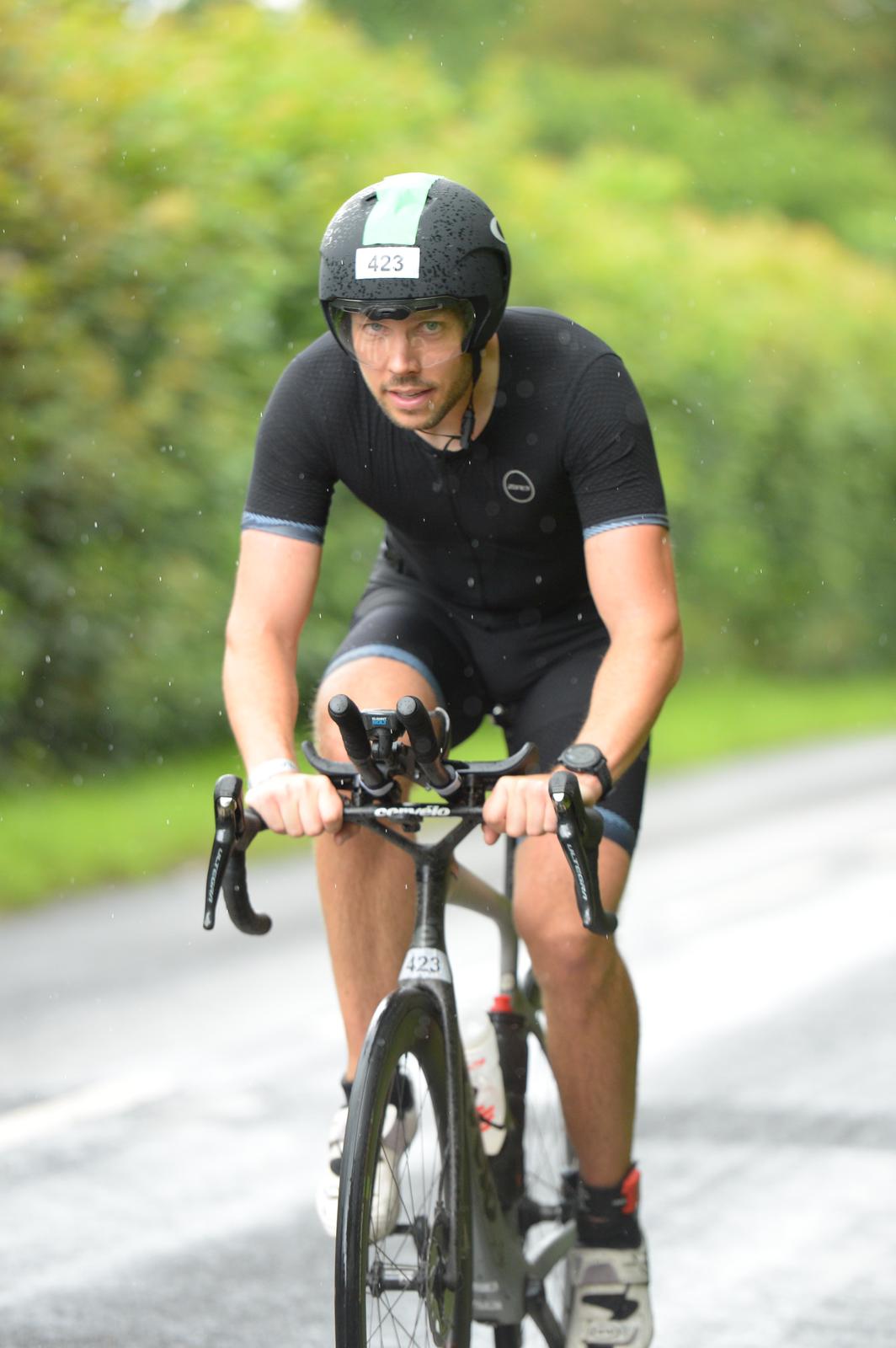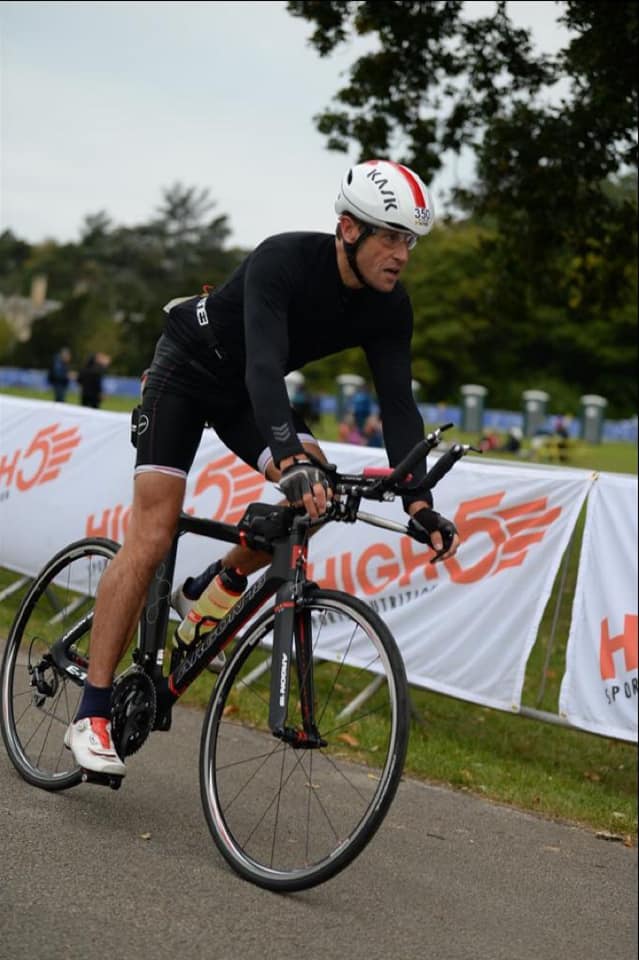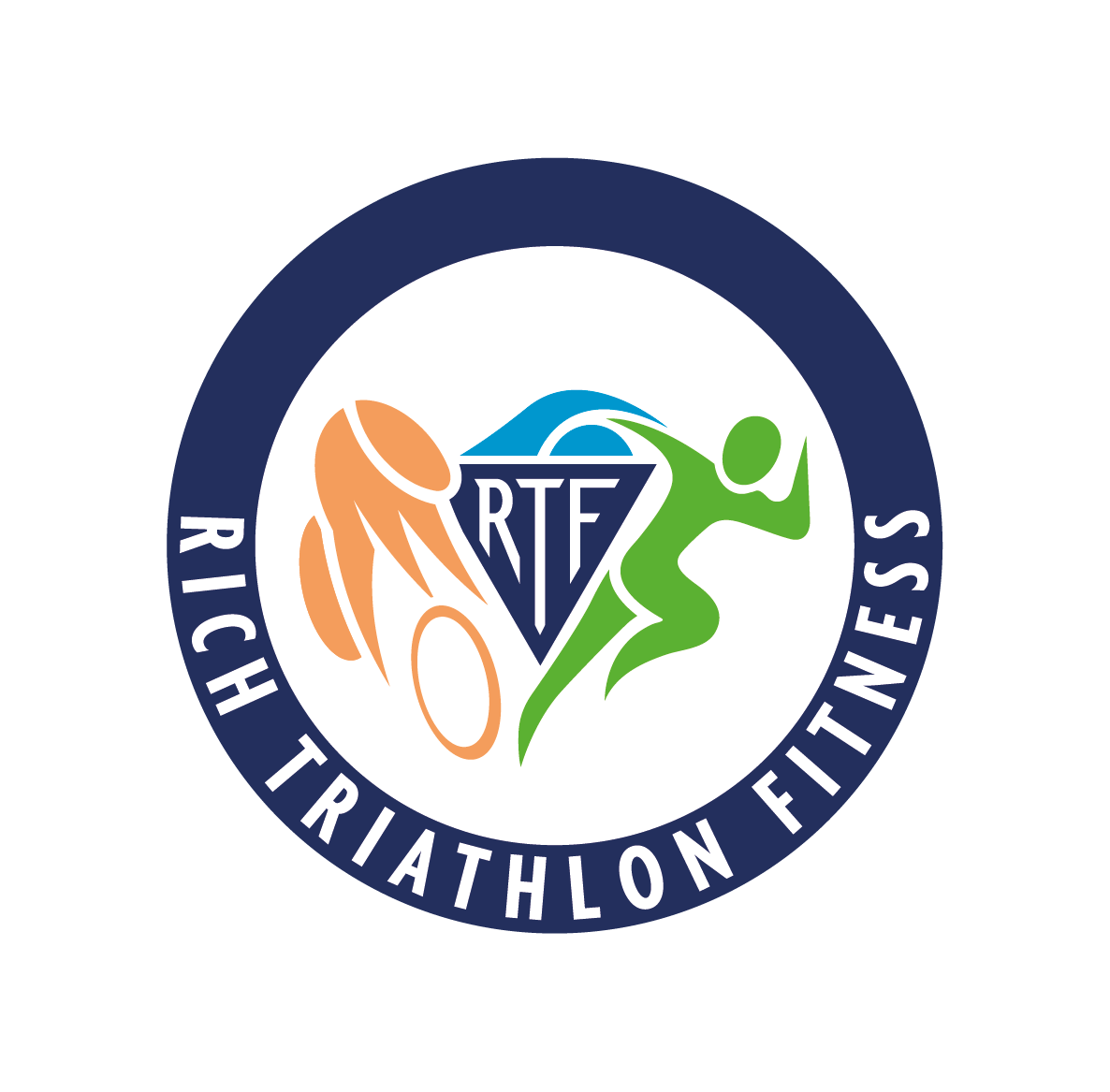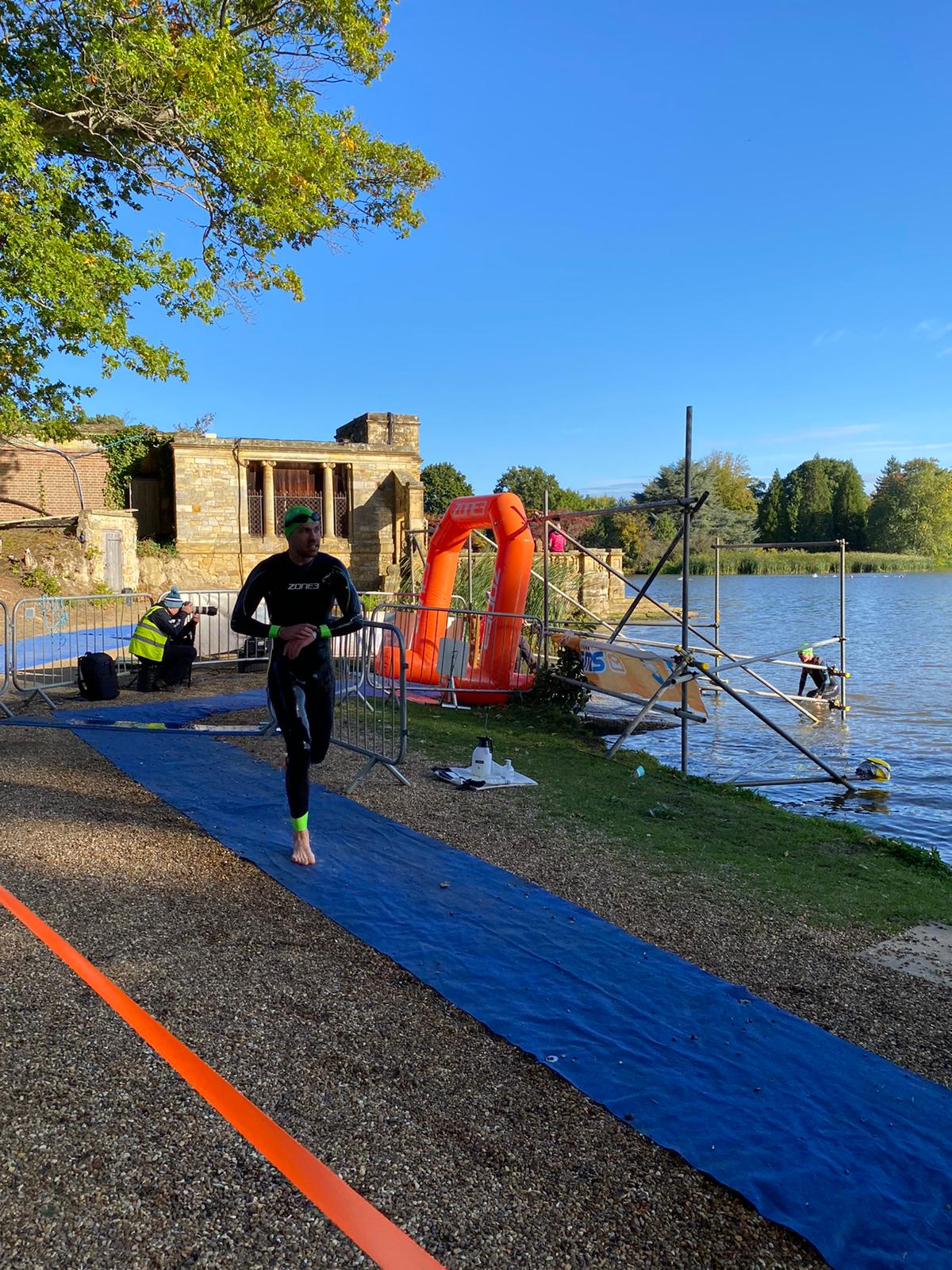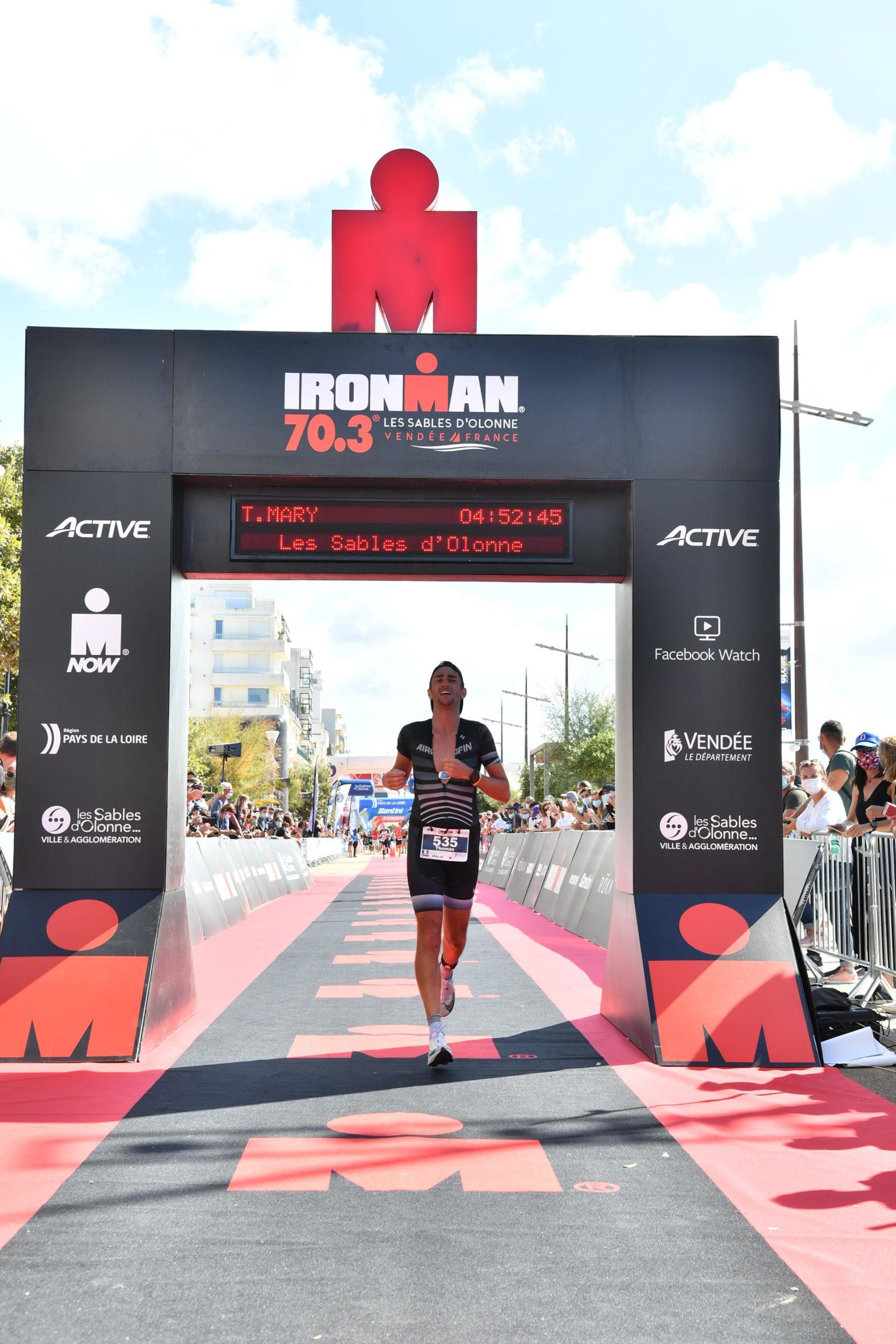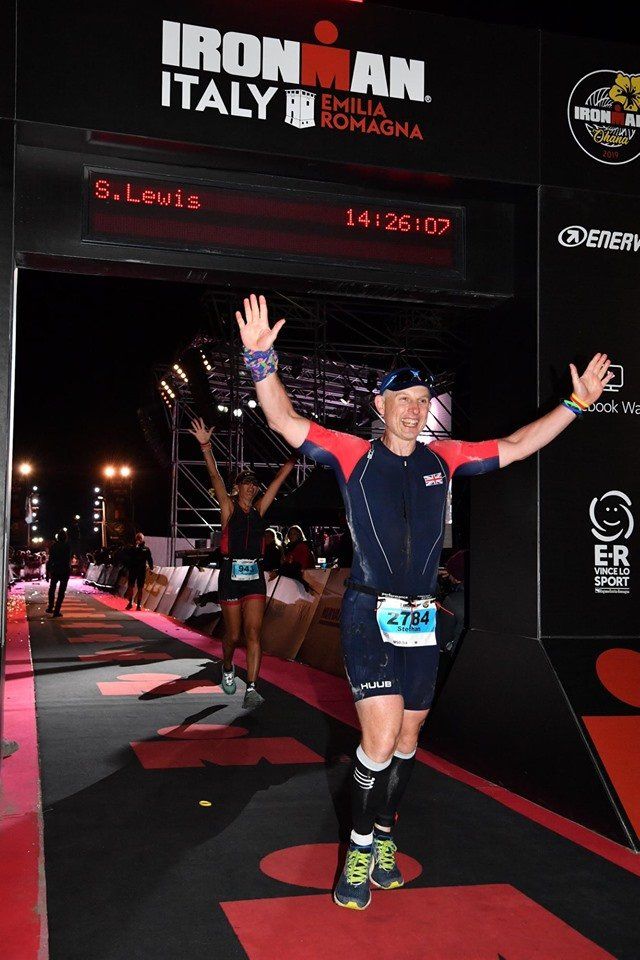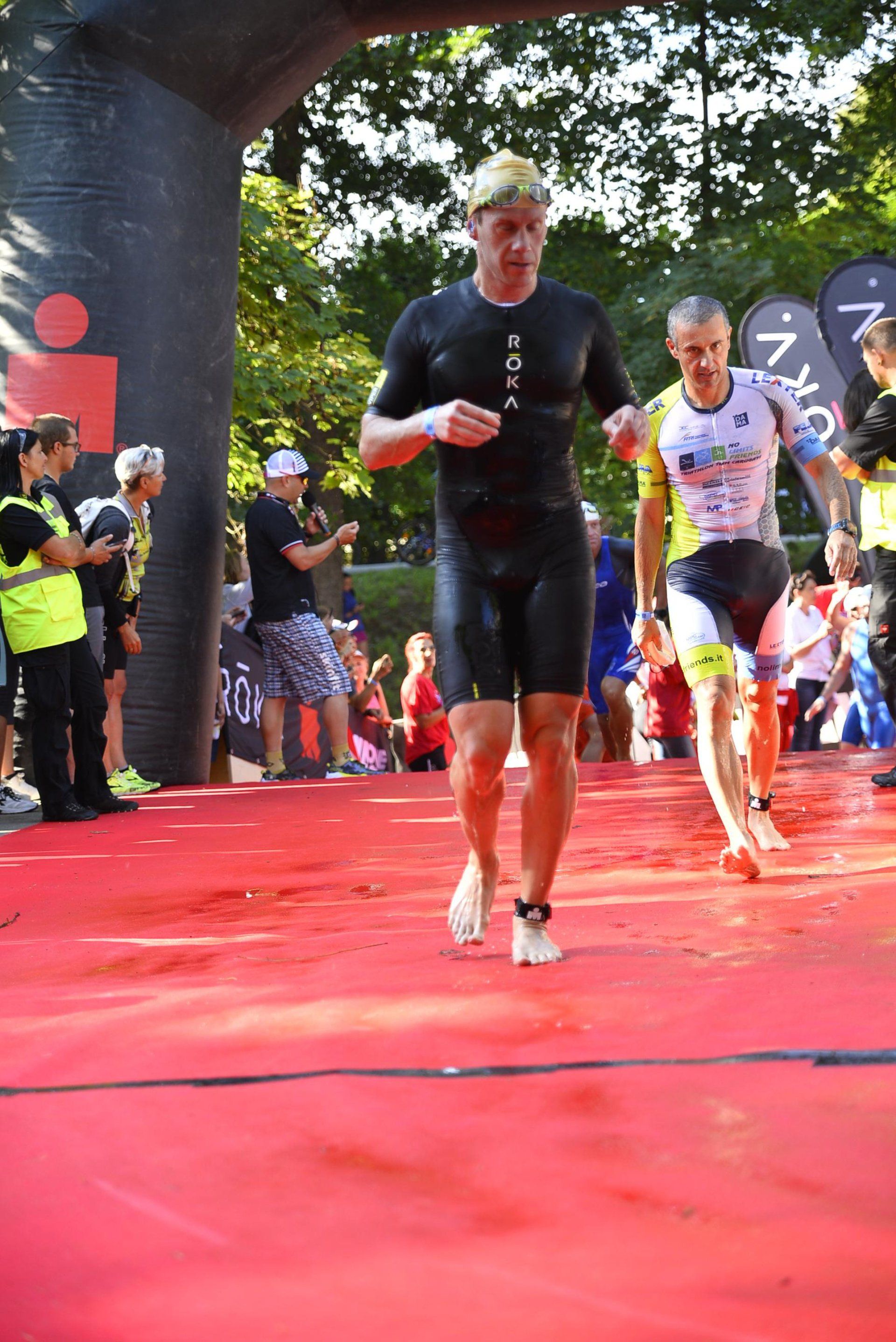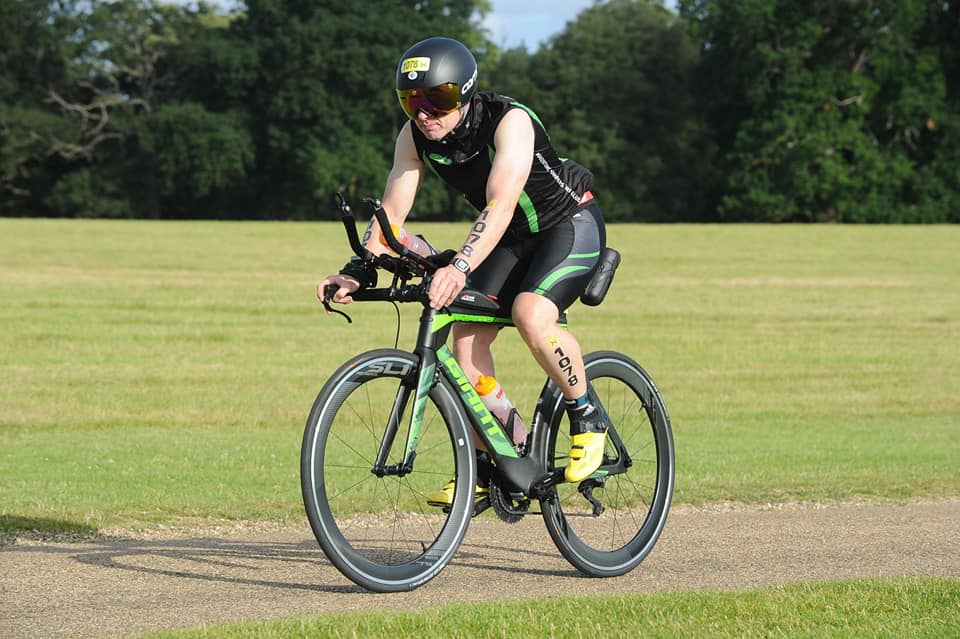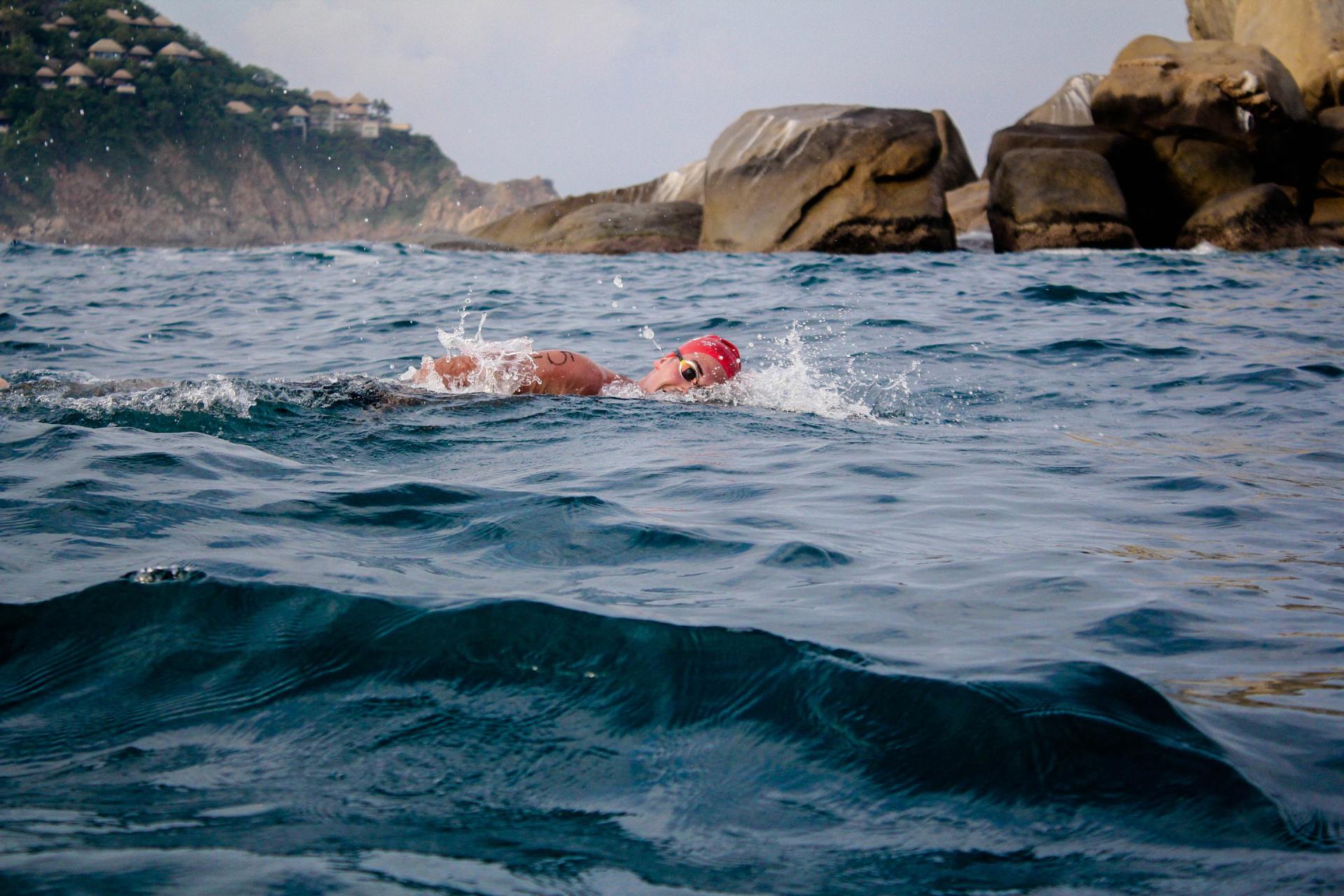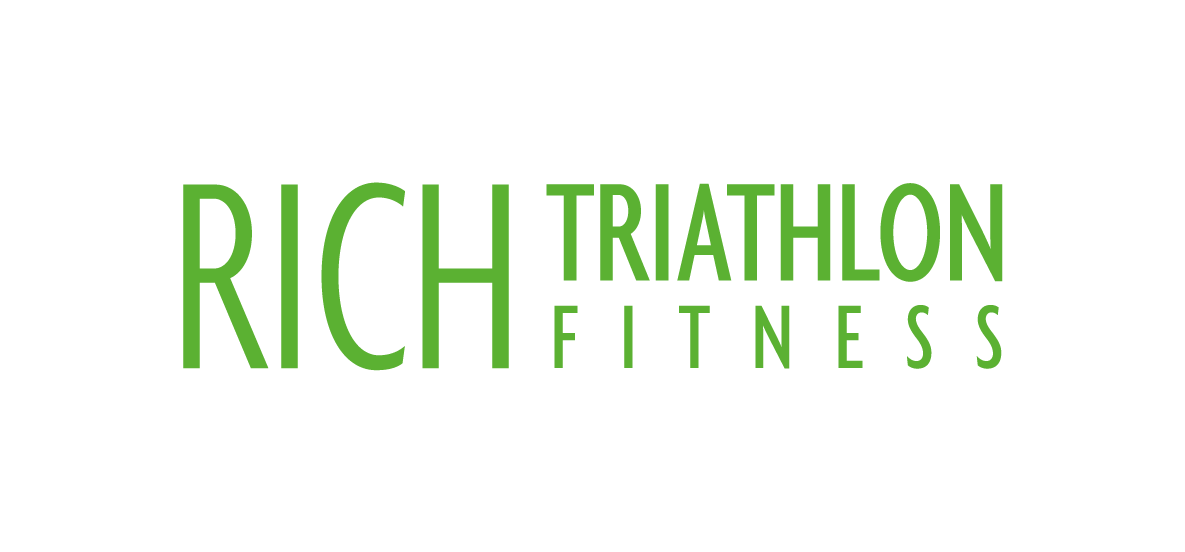The Importance of rest and recovery
Give your training an extra edge
As athletes try to cram in ever increasing amounts of training in an attempt to be ready for their long-distance triathlon great emphasis is placed on increasing load and intensity. Long distance Triathletes are often very focused and dedicated to their training so much so that the idea of a rest day or a recovery session is often seen as a wasted opportunity. Endurance athletes can be prone to overtraining, which can result in fatigue, burnout, injury or illness. In addition, life often gets in the way of our training, work commitments, family life or social commitments, which can lead to athletes compromising their sleep to fit everything in compounding the effects of over training.
It can be difficult for the dedicated athlete that is looking to improve their performance, it can be a fine line between maintaining sufficient volume and intensity and over reaching. This is where a coach can help you by creating a training programme that sufficiently challenges you to ensure improvement, whilst ensuring that recovery periods are included within an athletes training schedule to allow recovery and adaptation. It is important to understand that not all sessions need to be of large duration or high intensity, a coach will create a balance in your programme to ensure that you improve without over reaching.
A coach will also get to know you as a person, your motivation and time available to train to ensure that your training fits into your life rather than trying to fit your life around your training. We understand that life can get in the way of our training, it can be demotivating when we cannot keep up with off the shelf training plans and it can be difficult to know where to restart following a break. This often leads to athletes trying to cram in missed sessions, which compromises their rest and recovery. A coach will adjust and amend your training program to get around these hurdles, whilst still progressing your training towards your goals and objectives. Whilst working with a coach can help ensure rest and recovery is factored into the athlete’s training schedule there are a number of steps that the athlete can take to monitor and improve their rest and recovery, namely:
- Go to bed early, training for a long distance is demanding on your body getting enough sleep is vital to ensure recovery from the long sessions that you are completing. If you are finding your workouts hard look first of all at the amount of sleep that you are getting. Keep a regular early bedtime, avoid alcohol and caffeine after dinner, which can disrupt sleep.
- Get to know your waking heart rate, a raised heart rate in the morning may mean tiredness, illness or a sign that you need to reduce training. Get in tune with your mood and general feeling of wellbeing, listen to your body. If you are feeling exhausted it maybe time for a rest day. Feedback to your coach who will amend your training to ensure that you continue to improve whilst ensuring sufficient recovery.
- Nutrition is key to fuel your sessions and help your body to recover post exercise. Avoid junk food and sugar to replenish energy stores, you get out what you put in! A natural diet full of healthy foods will help aid performance during your sessions and help to ensure repair and recovery afterwards, a mix of carbohydrates and protein in the 30 minutes following a session will help to replace glycogen stores. A diet full of antioxidants will help to promote recovery following a strenuous session
- Stretch and foam roll on a regular basis to help maintain flexibility and mobility, ice areas of your body that are tight or inflamed.
- Get organised; know what session you have coming up and organise your kit so that it is ready to complete your sessions and enable you to get some extra sleep. Meal prep so that you have the food that you need in that vital post exercise window.
